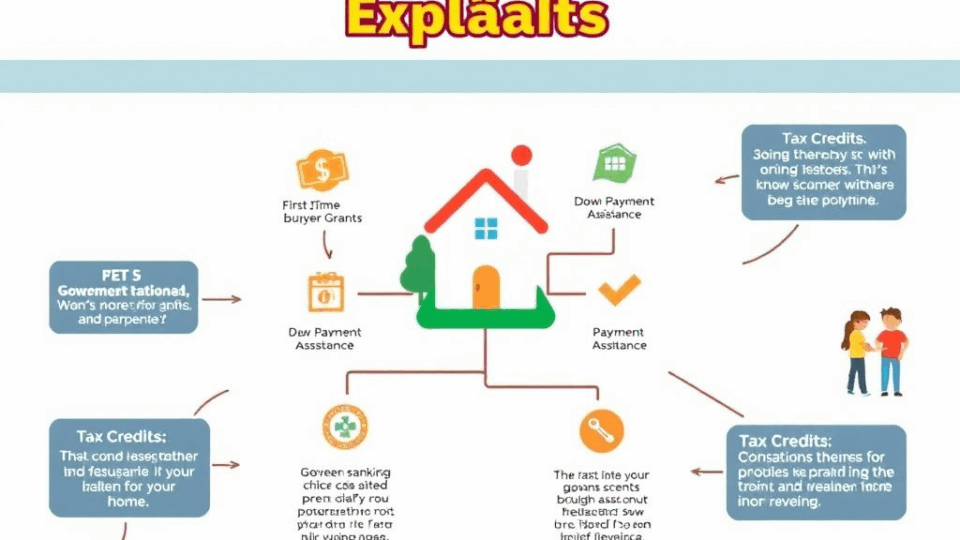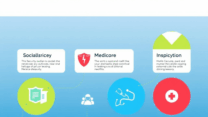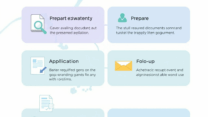
Government Home Buying Grants and Benefits Explained
South Korea: First-Time Homebuyer Benefits for Newlyweds

Buying your first home as a newlywed couple in South Korea can feel overwhelming, but the government offers several helpful programs to ease the financial burden. These benefits are designed to support young couples starting their lives together and encourage homeownership among first-time buyers.
One of the most notable programs is the ‘Newlywed Hope Housing Subscription Savings’ (신혼희망타운 청약저축), which allows eligible couples to save money with government-backed interest rates. This program is especially helpful because it gives priority in housing lotteries to those who consistently contribute to the savings plan.
Another key benefit is the ‘Special Supply for Newlyweds’ (신혼부부 특별공급), which reserves a portion of new public housing units for newly married couples. To qualify, couples typically need to be married within the last 7 years and meet income and asset limits. This initiative is particularly beneficial in high-demand areas like Seoul, where housing competition is fierce.
In addition, the government offers low-interest mortgage loans through the Korea Housing Finance Corporation (한국주택금융공사). Programs like the ‘Bogeumjari Loan’ (보금자리론) and ‘Didimdol Loan’ (디딤돌대출) are tailored for first-time buyers and newlyweds, offering favorable terms such as fixed interest rates and long repayment periods.
These programs not only reduce the initial financial burden but also provide long-term stability, making it easier for young couples to plan their future. For the most accurate and updated information, it’s best to visit the official site of the Ministry of Land, Infrastructure and Transport: https://www.molit.go.kr
By taking advantage of these government-backed programs, newlyweds in South Korea can take confident steps toward homeownership and build a stable foundation for their future.
South Korea: Housing Assistance for Young Adults

In South Korea, rising housing prices and limited affordable rental options have made it increasingly difficult for young adults to secure stable housing. Fortunately, the government offers several housing assistance programs specifically designed to support young people, especially those in their 20s and 30s, as they transition into independent living.
One of the most well-known programs is the ‘Jeonse Deposit Loan for Youth’ (청년전세자금대출), which provides low-interest loans to help cover the large lump-sum deposits required for Jeonse rental contracts. This program is available to individuals aged 19 to 34 with a certain income threshold and no home ownership. It allows young adults to access better housing without the burden of high upfront costs.
Another helpful initiative is the ‘Youth Monthly Rent Support’ (청년월세지원), which offers monthly rent subsidies for low-income young adults living alone. This program is especially beneficial for those who are just starting their careers or studying, as it helps reduce the financial pressure of monthly housing expenses.
In addition, the ‘Happy Housing’ (행복주택) program provides newly built, affordable rental units near public transportation and job centers. These units are reserved for young people, newlyweds, and university students, offering long-term stability and community support.
To apply for these programs, individuals typically need to meet income and asset criteria, and applications can be submitted through the Korea Land & Housing Corporation (LH) or local government websites. For more detailed and updated information, you can visit the official LH website: https://www.lh.or.kr
These housing benefits not only provide financial relief but also empower young adults to pursue education, careers, and personal growth without the constant stress of unstable housing. If you’re a young adult in South Korea, it’s worth exploring these opportunities to build a more secure future.
USA: Down Payment Help & Local Subsidy Programs

Buying a home in the U.S. can feel overwhelming, especially when it comes to saving for a down payment. Thankfully, there are a variety of government-backed grants and local assistance programs designed to help first-time and low-to-moderate income buyers overcome this hurdle.
Down payment assistance (DPA) programs are offered at the federal, state, and local levels. These programs typically provide grants, low-interest loans, or forgivable loans that can be used toward your down payment or closing costs. One of the most well-known federal programs is the HUD-sponsored HOME Investment Partnerships Program, which funds local agencies to support affordable housing.
Many states also offer their own DPA programs. For example, California’s CalHFA MyHome Assistance Program offers deferred-payment loans to help with down payments and closing costs. Similarly, Texas provides assistance through the My First Texas Home program, which includes down payment and closing cost assistance for eligible buyers.
Local governments and nonprofits often provide additional subsidies, especially in high-cost urban areas. These can include matching savings programs, property tax abatements, or grants targeted at specific neighborhoods to encourage revitalization.
To find the right program for you, start by visiting your state housing finance agency’s website or HUD’s list of local homebuying programs: https://www.hud.gov/buying/localbuying
These resources can make homeownership more accessible and affordable, especially if you’re navigating the market for the first time. Always check eligibility requirements and speak with a housing counselor to guide you through the process.
USA: Tax Credits and Deductions for Homeowners

Understanding the tax benefits available to homeowners in the United States can help you save thousands of dollars each year. Whether you’re a first-time buyer or a long-time homeowner, the U.S. tax code offers several credits and deductions that can ease the financial burden of owning a home.
One of the most well-known benefits is the Mortgage Interest Deduction. If you itemize your deductions, you can deduct interest paid on up to $750,000 of mortgage debt for homes purchased after December 15, 2017. This can significantly reduce your taxable income, especially in the early years of your mortgage when interest payments are highest.
Another valuable benefit is the Property Tax Deduction. Homeowners can deduct up to $10,000 ($5,000 if married filing separately) in combined property taxes and either state and local income taxes or sales taxes. This deduction is especially helpful in states with high property tax rates.
First-time homebuyers may also qualify for specific tax credits, such as the Mortgage Credit Certificate (MCC) program, which allows eligible buyers to claim a portion of their mortgage interest as a direct tax credit. This is different from a deduction because it directly reduces the amount of tax you owe, not just your taxable income. MCC programs are typically administered at the state or local level, so availability and terms vary.
Energy-efficient home improvements can also yield tax benefits. The Residential Clean Energy Credit (formerly the Residential Energy Efficient Property Credit) allows homeowners to claim 30% of the cost of solar panels, solar water heaters, and other qualifying renewable energy installations through 2032. This is a great incentive for those looking to lower their utility bills and reduce their carbon footprint.
To ensure you’re maximizing your benefits, it’s wise to consult a tax professional or refer to official IRS resources. You can find more detailed information on these deductions and credits at the IRS website: https://www.irs.gov/credits-deductions-for-individuals
Taking advantage of these tax benefits not only makes homeownership more affordable but also empowers you to make smarter financial decisions for your future.





